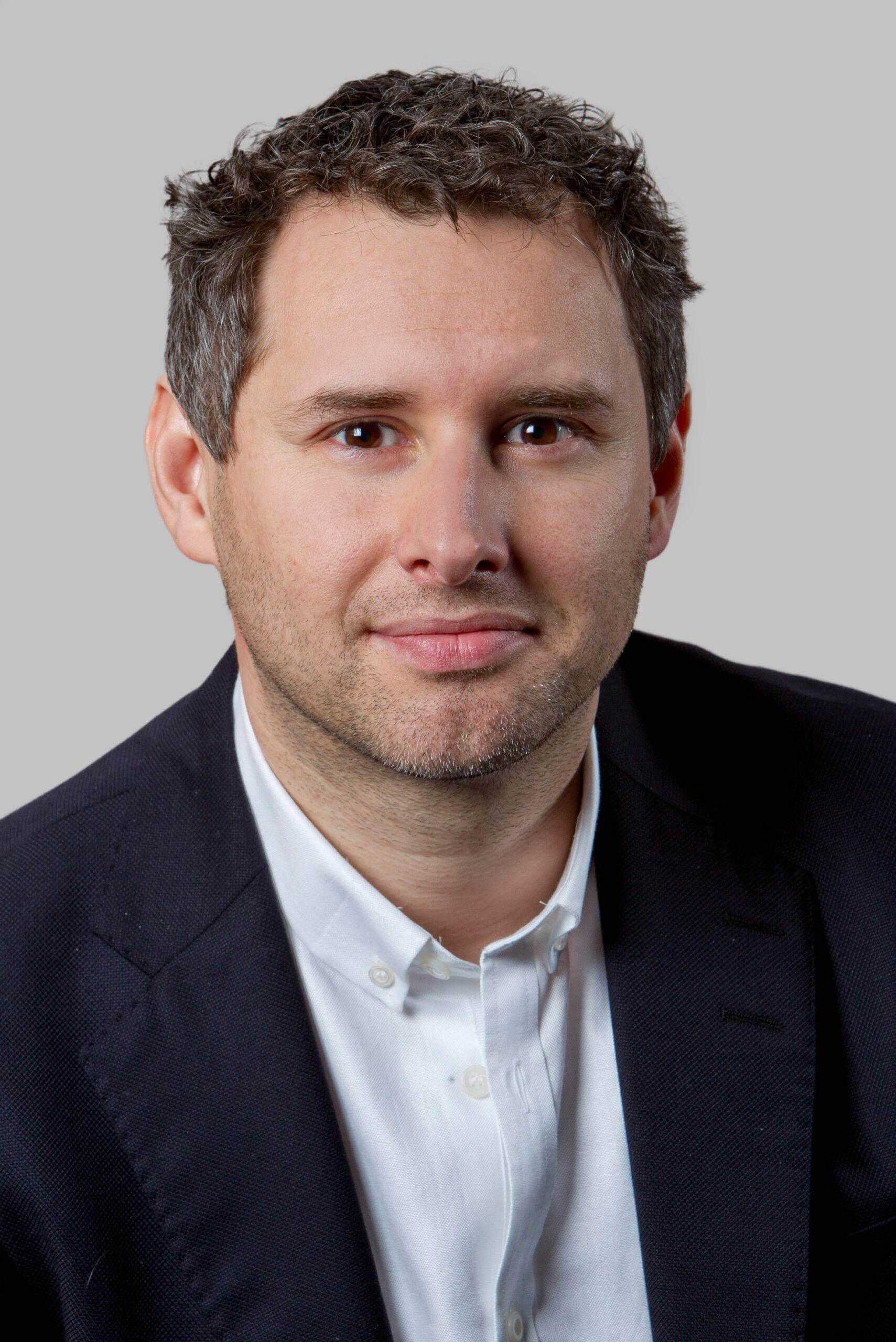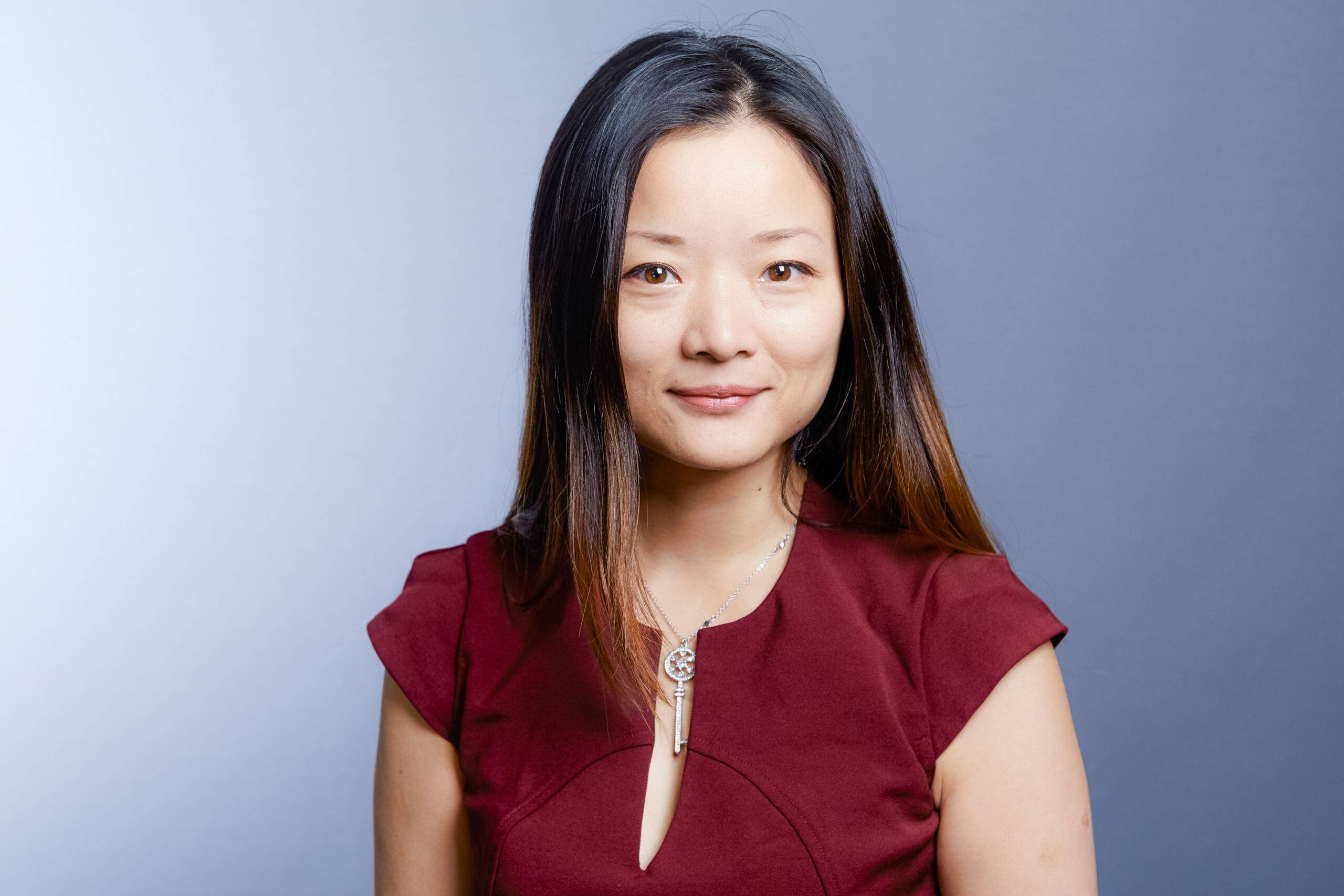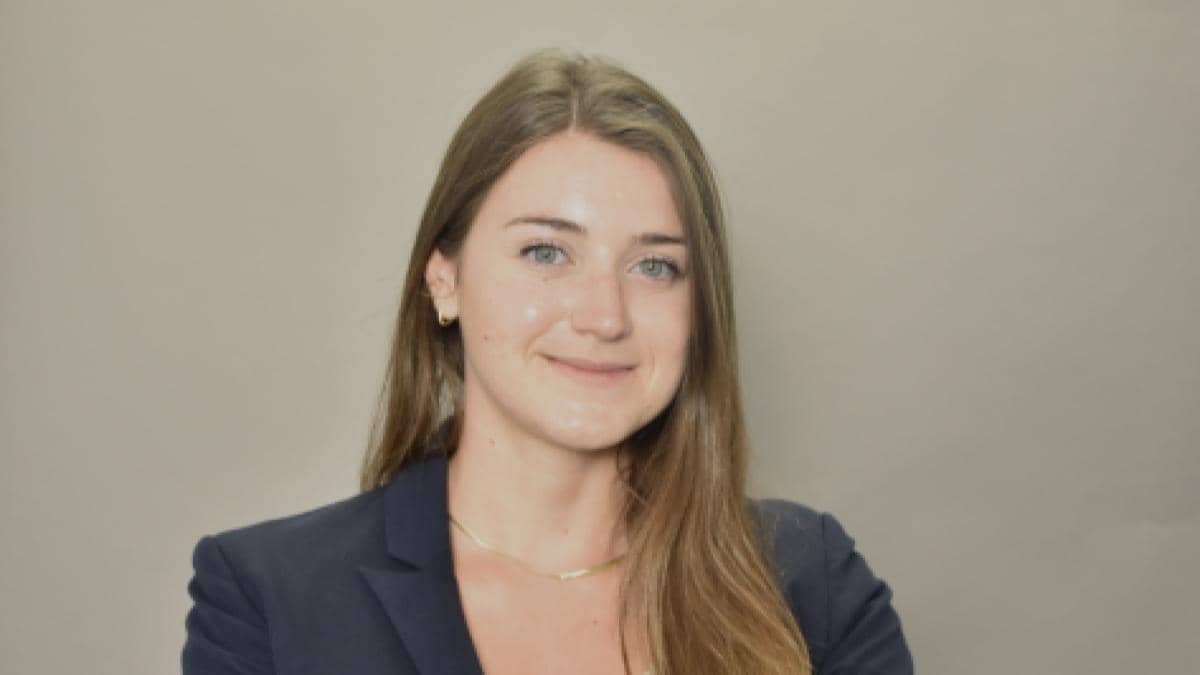Rudi Van Den Eynde from Candriam – Fund Manager of the Month

18 AUG, 2021
By Constanza Ramos
Rudi Van Den Eynde has been Head of Thematic Global Equity since 2011. His career started in 1987 in the euro bonds department of Dexia Bank Belgium. He spent 11 years with the company in a variety of roles including 4 years as a currency trader and later as an institutional portfolio manager. In 1998 he joined Candriam as a senior equity fund manager, and became Head of thematic global equity in 2011.

1. When and how did you start your career in the financial industry? What brought you to the financial sector?
I entered the world of finance at the end of the 1980’s and my first steps were in fixed income (Eurobonds) at the institute that is now known as Belfius Bank in Belgium. I then quickly moved to the dealing room of Belfius and was active as a forex trader for 4 years, which I enjoyed a lot but decided I wanted to switch towards investment decisions with a longer time horizon. This brought me into equity fund management by the end of the 1990’s, and I managed a range of funds over the next years, with health care funds becoming more and more the focus. The launch of our Candriam Biotechnology fund in 2000 was an important milestone as this fund, together with some other specialized sector and thematic funds, became the base to start our dedicated Thematic Global Equity team back in 2011, of which I assumed the role of team head from the start.
What I particularly like about finance but especially equity markets is the fact that one never stops learning and every day can bring new challenges and situations that need to be assessed, and I like the access to a wide range of macro-economic, political and company specific (public) information that allows us to have a broad view on human society and company strategies and innovation. I never tire of telling our new team members how privileged we are in having such information access and to be able to develop a broad view on what is happening in the world. Furthermore, it is a thrill and also an honor to compete against the best fund managers in the world, in that sense fund management resembles a lot the world of sports. There is no hiding, good or bad, one’s results and rankings are clear and visible to anyone.
Lately, and with the advent of thematic impact funds and the focus on ESG, the world of finance can help improve the world in many ways, which is another point of satisfaction.
2. How does your work on daily basis look like and what kind of problems do you normally face as Head of Thematic Global Equity?
As I am co-manager of our healthcare funds the daily work is centered a lot around company news and daily fund management, and in this case the company news mostly equals clinical data and discussions around disease dynamics and mechanisms of action of new drugs. This takes up most of my days and involves daily discussions with the co-manager and the health care analysts in my team.
Running the broader and fast expanding thematic team obviously brings extra challenges. Finding and motivating the right talent is very important, and in this I face the same problems as any team manager in any company in any industry. I obviously also have a say in new product development and actual investment process of new funds, even if for the latter the “heavy lifting” is done by the actual fund manager(s) but I always want to ensure the process is well in sync with all off Candriam’s values and experiences.
Client contact has always been important to me, as it makes our work less “abstract” and one then never forgets that the prime objective is to answer to the needs of your clients. Having clients in Japan has re-enforced this attitude, as Japan is heavily client-oriented in philosophy and attitude.
I am fortunate in having a very dynamic Deputy Head with whom I can share all burden of team management, including also the enforcement and integration of new regulations in our processes.
3. What are the top five companies in your portfolio? In what type of company would you never invest?
For regulatory/compliance reasons we are not allowed to publically discuss our positions but suffice to say that surely our top positions are companies with cutting edge science and technologies, commercializing products that really make the difference and command high gross margins for the company. On the other side, we would never invest in companies that fail in innovation power, do not communicate honestly and/or lose market share in their segments of activity. In this, we have a quality bias and tend to accept the higher valuations that come with truly strong companies. We obviously also would not invest in companies that do not satisfy our ESG criteria.
4. Which are the top investment themes you see coming in the near future? What investment themes do you believe are outdated?
In line with the above, the themes that seems the most promising are innovation driven, as pure innovation allows a company to “create its own luck” and be less dependable on the economic cycle. The way that many technology/media companies have weathered the covid-19 pandemic is a prime example of what innovation can do, even in a depressed economy. Innovation also allows a society to progress and solve or at least mitigate the many challenges that a population of 8 billion people bring to the planet – safe food, environment, climate, health & happiness.
I have always admired the technology/robotics sectors and this sector continues to play and ever more important part in our daily lives, including the technology and advanced industrial companies that help fight environmental pollution and climate change.
Likewise, the innovation power of the health care sector has made the treatment of many ailments much more effective than in the past.
Specific consumer oriented companies can do very well and the power of strong branding and communication here can be a huge advantage.
I am less inclined to embrace the typical value sectors. They obviously bring us much needed products and services but lower innovation leads to lower growth. Value investing is an art I respect a lot, and it can work well with good stock picking and timing, but usually quality companies simply bring better returns.
5. What key principles drive your investment processes and why?
A good investment process is focused on the medium term, as it might take time before one’s positive assessment on a company is embraced by the market.
The process should be based as much as possible on tangible facts and figures, and allow for a broad understanding of a company’s strengths and characteristics.
We rate management, competitive positioning, growth, profitability and balance sheet but as mentioned try to back this up by tangible facts.
I like to portray the critical way I look at companies by throwing them against a hypothetical wall, trying to find weakness in their business model. But if, however hard you throw them, they keep bouncing back intact, you have found a really good company.
A good portfolio construction takes the geo-political and macro-economic situation into consideration, leading amongst other things to an appropriate beta-management of the fund.
6. What has been the most extraordinary thing you have seen in markets?
To me he most astonishing thing is the recovery by global markets from the Great Financial Crisis of 2008/2011. Given the “near death” experience of the global financial system, one could have been excused for thinking it would take a very long period for markets to reach new highs. But thanks to an equally unprecedented central bank stimulus, the world economy recovered and equity markets staged one of the best performances ever.
Another amazing feature is the conviction with which financial markets finance great new ideas nowadays. Venture capital, equity listings and capital raises, it is readily available (most so in the US) for those companies with convincing ideas and a commensurate management. One just has to think how Tesla was able to challenge powerful and long established car manufacturers, or how the biotechnology industry is branching into ever more complex technologies. This is the age of talent.
7. What sustains your drive within the industry?
I am by nature a very curious person and the investment industry is about knowledge and assessment., hence I feel naturally stimulated by my profession. Obviously the constant pressure to perform can become overwhelming and lead to bouts of tiredness, but I mostly enjoy my job as much as I did many years ago when starting investing. With the team expanding and despite the challenges of finding the right fit in terms of new comers, I enjoy trying to spot talent and convince them to join what is becoming a big and very successful team. But a good vacation is needed sometimes to re kindle the spirits!
8. Would you give any advice to anyone wanting to start a career in the asset
management industry?
I would start saying, be patient. Establishing a good investment track record takes many years, it cannot be done fast. Especially institutional clients value a long track record highly, so aim for the medium term. This is a marathon, not a sprint.
Furthermore, be curious, open minded and learn. One never stops learning and though there are typical cycles that repeat themselves, they all can be somewhat different in specific aspects. One never stops learning in this job.
And finally, be self-critical. I would again bring forward the analogy with sport, one has to constantly improve oneself, and be in top shape. This can only be done with honest self-assessment, allowing then to work on the weaknesses and understand and use one’s strengths better. Hubris is not a good guide in the world of investment.


